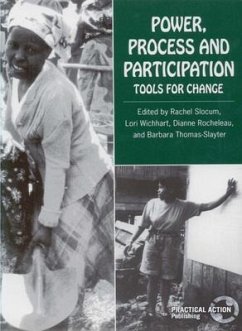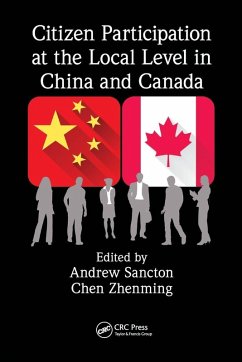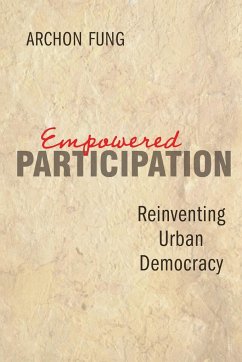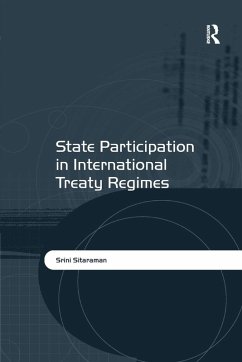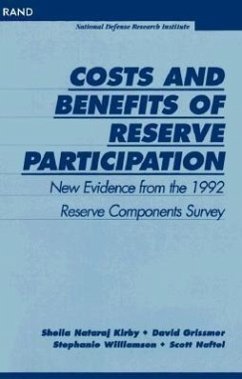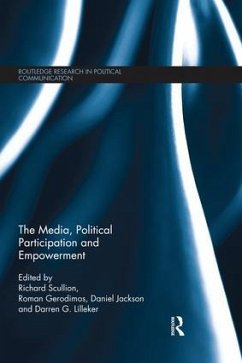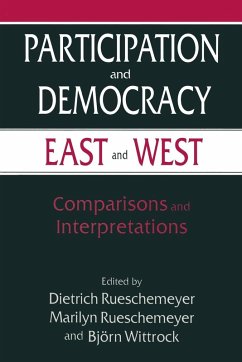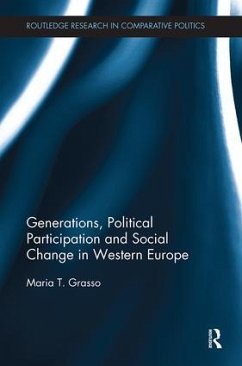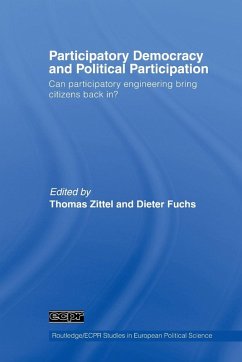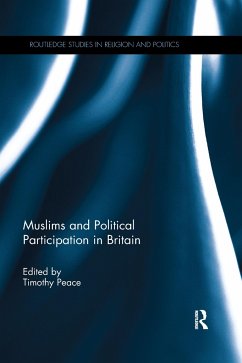Nicht lieferbar
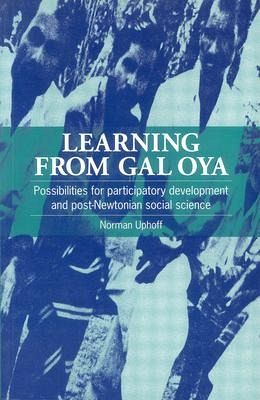
Learning from Gal Oya
Possibilities for participatory development and post-Newtonian social science
Versandkostenfrei!
Nicht lieferbar
This first paperback edition recounts the drama of a remarkably successful experiment that introduced farmer organization for self-managed development in the largest and most run-down conflict-ridden irrigation system in Sri Lanka and now updates the story to record the author's picture of Gal Oya in 1996. Norman Uphoff draws far reaching conclusions from the Gal Oya project for participatory development and contemporary social science. He documents and analyses the remarkable progress made by farmers, community organizers, officials, researchers and finally policy makers, iteratively forging ...
This first paperback edition recounts the drama of a remarkably successful experiment that introduced farmer organization for self-managed development in the largest and most run-down conflict-ridden irrigation system in Sri Lanka and now updates the story to record the author's picture of Gal Oya in 1996. Norman Uphoff draws far reaching conclusions from the Gal Oya project for participatory development and contemporary social science. He documents and analyses the remarkable progress made by farmers, community organizers, officials, researchers and finally policy makers, iteratively forging progressive changes in the midst of ethnic and political strife.




